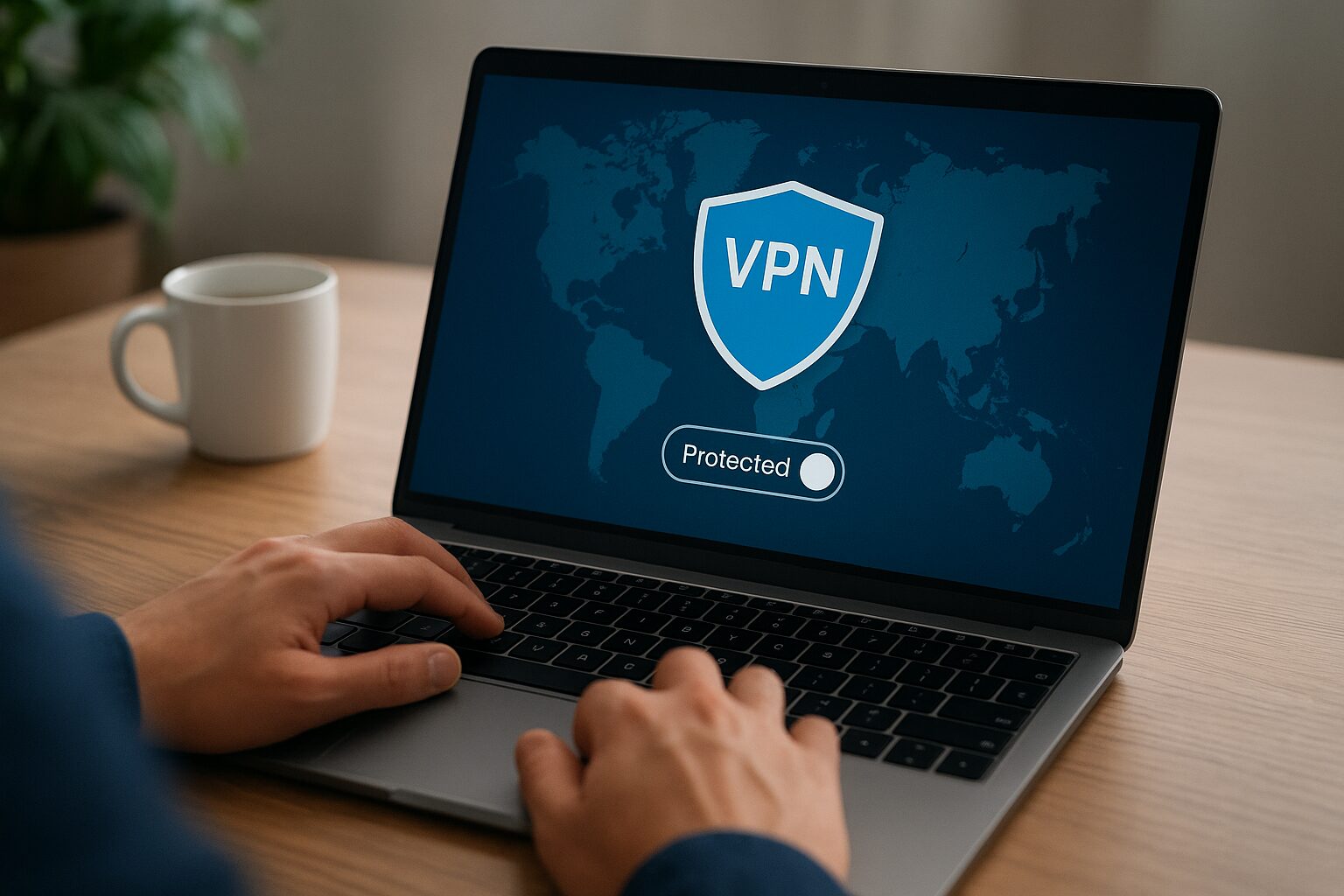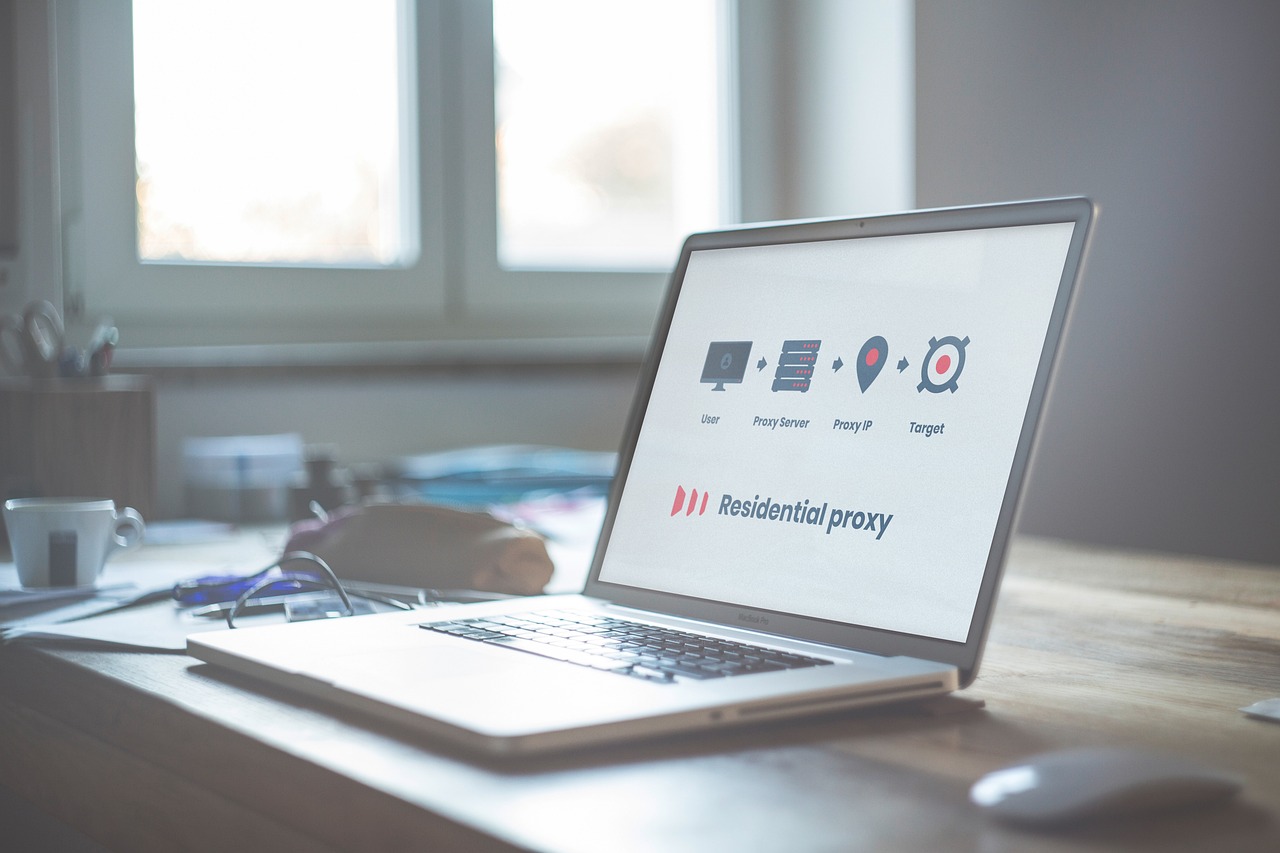In today’s digital world, online privacy is becoming more important than ever. Every click, search, and online purchase leaves a trail that can reveal your personal information. Hackers, advertisers, and even internet service providers (ISPs) can track your activity, making online security a major concern. This is why understanding what is VPN and how it works is essential for protecting your identity online.
This is where a VPN comes in. VPN stands for Virtual Private Network, and it acts like a shield for your online identity. By encrypting your connection and hiding your IP address, a VPN helps you browse safely, anonymously, and securely.
What Is VPN?
Definition of VPN (Virtual Private Network)
A VPN is a service that creates a secure and private connection between your device and the internet. Think of it as a secure tunnel that hides your online activities from prying eyes.
How a VPN Works
When you connect to the internet without a VPN, your device communicates directly with websites and services. This exposes your IP address, location, and data. With a VPN, your internet traffic is encrypted and routed through a remote server. This makes it nearly impossible for anyone to see what you’re doing online.
why do you need one?
You need a VPN because it helps protect your identity and online activity. A VPN works by encrypting your internet connection and hiding your real IP address, making it harder for hackers, websites, or internet providers to track you. This added security is especially useful when using public Wi-Fi, accessing sensitive accounts, or browsing privately online.
Types of VPNs
- Personal VPN – For individual use to protect personal devices.
- Business VPN – Used by companies to secure internal networks and remote work.
- Mobile VPN – Optimized for smartphones and tablets for safe browsing on public networks.
When would you use a VPN?
You would use a VPN when you want to protect your privacy, secure your data, or access the internet safely. It’s especially useful when connecting to public Wi-Fi, such as in cafés or airports, where networks are less secure. A VPN is also helpful when accessing geo-restricted content, avoiding online tracking, or keeping your browsing activity private from internet providers and third parties.
How a VPN Secures Your Identity
A VPN does more than just hide your location. Here’s how it keeps your identity safe:
Encrypting Your Internet Connection
Encryption scrambles your data so that hackers or ISPs can’t read it. Even if someone intercepts your connection, they won’t be able to access your passwords, messages, or sensitive files.
Semantic keywords: encrypted connection, secure browsing, online privacy.
Hiding Your IP Address and Location
Your IP address is like your digital home address. With a VPN, your real IP is hidden, and the websites you visit only see the IP of the VPN server. This prevents tracking and location-based profiling.
Protection on Public Wi-Fi Networks
Public Wi-Fi networks in cafes, airports, and hotels are often unsecured. Hackers can easily intercept your data. A VPN encrypts your connection, making public Wi-Fi safe to use.
Visual idea: Insert a bar graph showing the increase in cyberattacks over public Wi-Fi vs. VPN-protected networks.
Preventing Tracking by ISPs, Advertisers, and Hackers
Many ISPs and advertisers track your online activity for marketing purposes. A VPN masks your traffic, so your online behavior remains private.
Benefits of Using a VPN
A VPN connection offers several important benefits for online users. It protects your privacy by hiding your real IP address and encrypting your internet traffic, making it harder for hackers and trackers to monitor your activity. A VPN also improves security when using public Wi-Fi, helps you access geo-restricted websites or content, and reduces the risk of data theft. Overall, it gives you safer, more private, and more flexible internet access.
How to Choose the Right VPN
Choosing a VPN can be overwhelming, but focusing on key factors will help:
Key Features to Look For
- Strong encryption – Look for AES 256-bit encryption.
- No-logs policy – Ensures the VPN doesn’t store your browsing data.
- High speed – A slow VPN can be frustrating, especially for streaming or gaming.
Paid vs Free VPNs
Free VPNs may seem tempting but often come with limitations, ads, or data selling policies. Paid VPNs provide faster speeds, stronger security, and reliable customer support.
Device Compatibility
Ensure the VPN supports all your devices, including smartphones, tablets, and laptops.
Common VPN Myths Debunked
Many people have misconceptions about VPNs. Let’s clear them up:
- VPNs guarantee total anonymity – VPNs improve privacy, but complete anonymity is impossible online.
- VPNs slow down your internet drastically – Modern VPNs have minimal impact on speed.
- Free VPNs are always safe – Free options may compromise your data or sell it to advertisers.
Step-By-Step Guide to Using a VPN
Using a VPN is simpler than it sounds:
Installing a VPN
- Choose a reliable VPN provider.
- Download the VPN app for your device.
- Create an account and log in.
Connecting to a Server
- Open the app and select a server location.
- Click “Connect” and wait for the VPN to establish a secure connection.
Configuring Settings for Maximum Security
- Enable features like a kill switch (disconnects internet if VPN fails).
- Choose strong encryption settings.
- Use multi-hop or double VPN features if available.
Conclusion
A VPN is a vital tool for anyone who values online privacy and security. It encrypts your connection, hides your IP, protects your data on public networks, and allows anonymous browsing. Prioritizing online security is no longer optional; it’s necessary in today’s digital age. Whether for personal use or work, using a reliable VPN ensures your online identity stays protected.
FAQs
- What is VPN?
A VPN is a Virtual Private Network that encrypts your internet connection and hides your IP address to protect your online identity. - Does VPN guarantee full anonymity?
No, while VPNs enhance privacy, complete anonymity online is not possible. - Can I use a VPN on public Wi-Fi?
Yes, a VPN is especially useful on public Wi-Fi to prevent hackers from accessing your data. - Are free VPNs safe to use?
Not always. Free VPNs may limit speed, show ads, or sell your data. Paid VPNs are safer and more reliable. - Will a VPN slow down my internet?
Modern VPNs have minimal impact on speed, though some server locations may affect performance slightly. - Can a VPN access geo-restricted content?
Yes, VPNs can change your IP location, allowing access to websites and services restricted in your country. - Do VPNs work on all devices?
Most VPNs support Windows, Mac, iOS, Android, and some even support routers and smart TVs. - How does VPN protect my identity?
By encrypting your data, hiding your IP, and preventing tracking from ISPs, advertisers, and hackers. - What features should I look for in a VPN?
Look for strong encryption, a no-logs policy, fast speeds, multiple server locations, and device compatibility. - Can I use a VPN for work?
Yes, many businesses use VPNs to secure remote access to company networks and sensitive data.
Disclaimer
This article is for informational purposes only. Using a VPN improves online privacy and security but does not make you completely anonymous. Always follow local laws and regulations when using VPN services.



